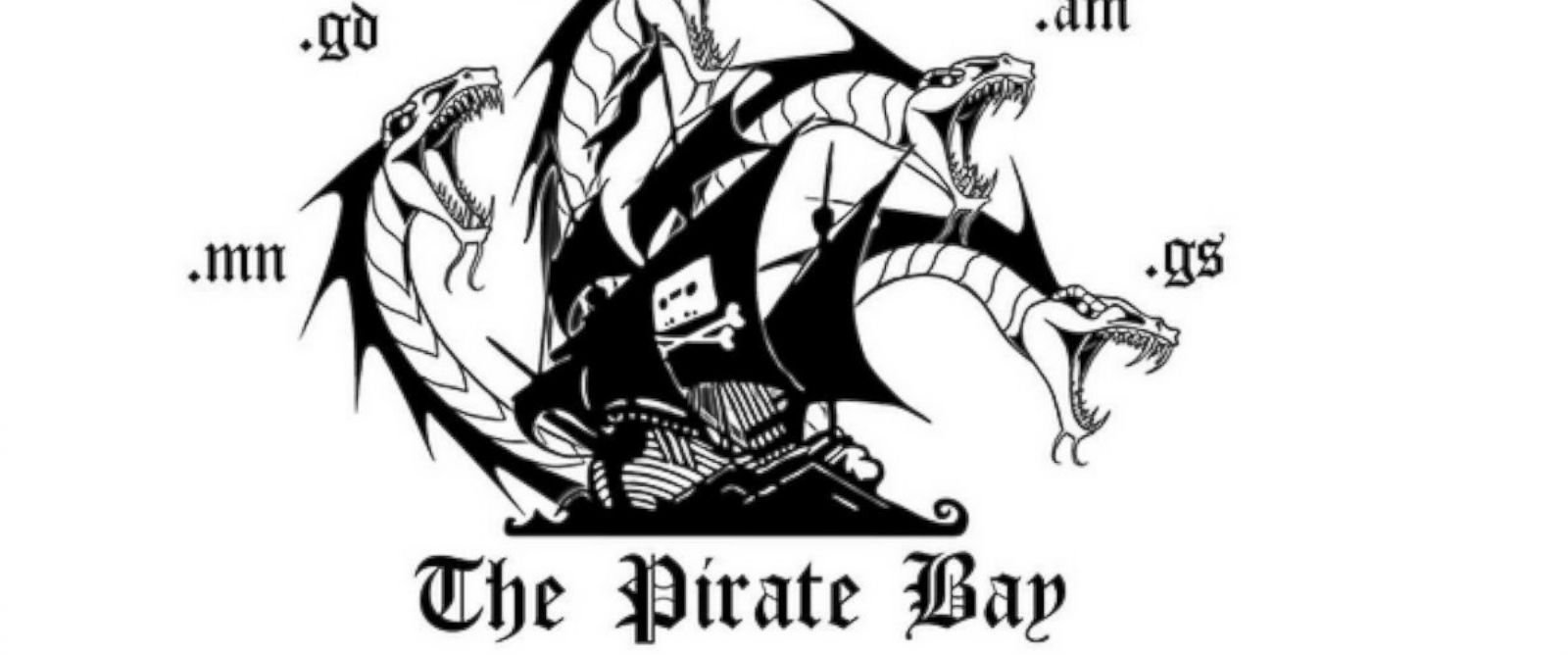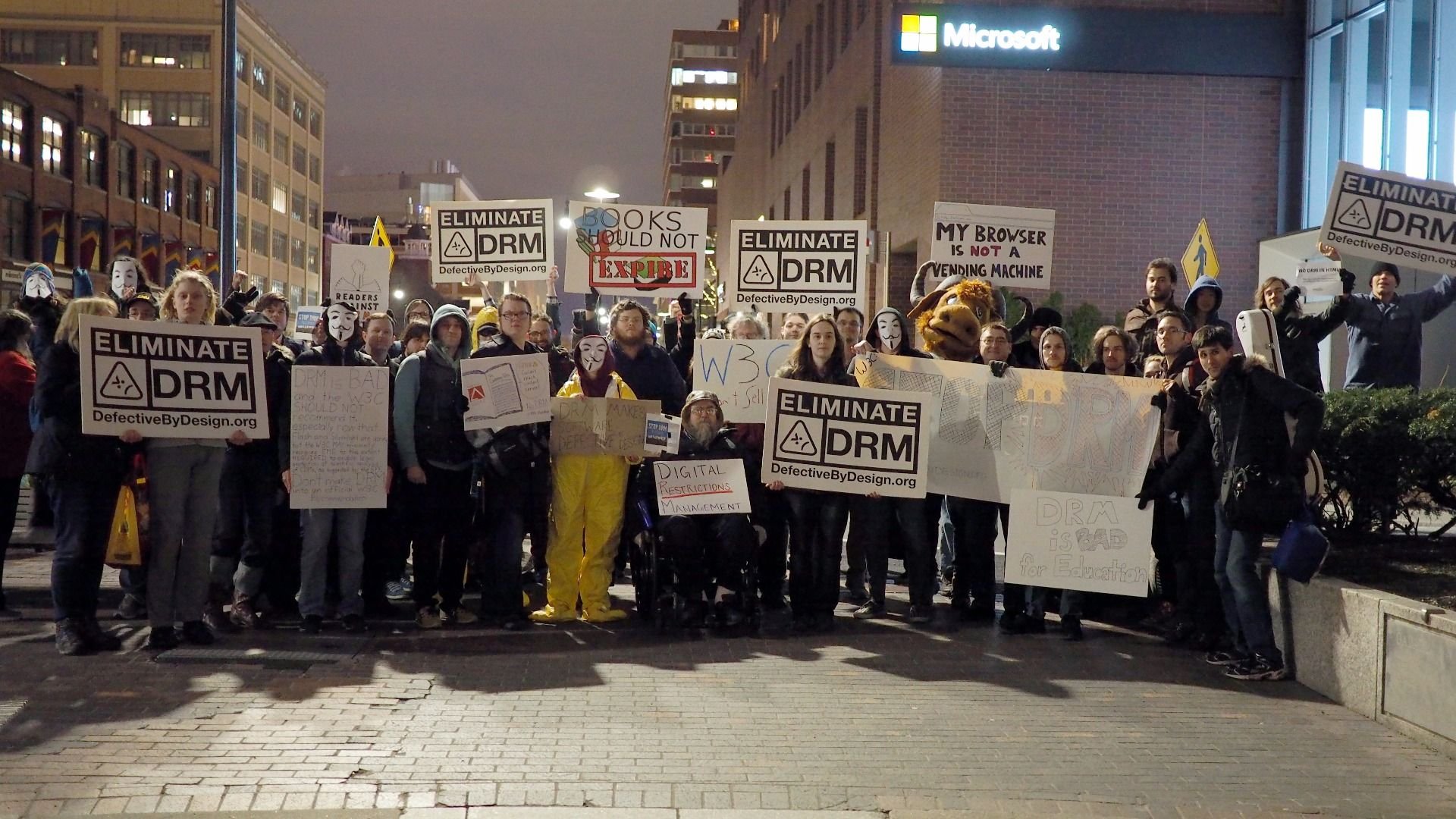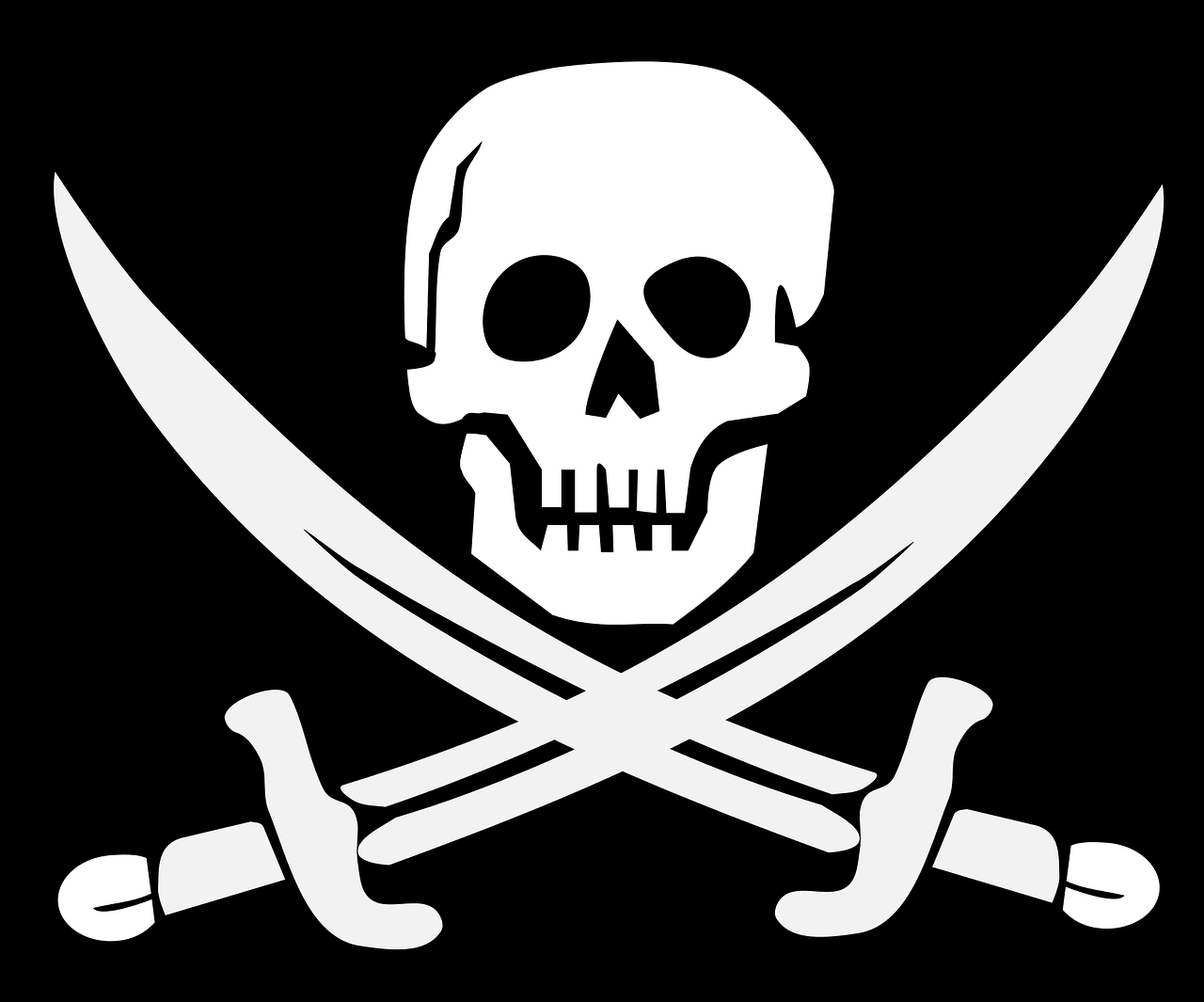
Ebooks, digital downloads, torrents and the Internet have fundamentally altered the nature of commercial transactions, but definitions of ‘piracy’ remains stuck in the 17th century, in the heyday of pirates at sea.
Maritime piracy is clearly evil. Maritime merchant shipping transfers goods from a supplier to a buyer. The supplier expects payment and the buyer expects goods. By attacking ships at sea, pirates deny the buyer his goods. If the buyer doesn’t receive his goods, the supplier either will not receive payment or will lose future customers. Many pirates also take the opportunity to rob the crew and passengers, and sometimes kidnap them for ransom.
Software piracy is far more ambiguous. It is the act of illegally reproducing a work of intellectual property. No physical goods are stolen; rather the original is cloned. No goods are stolen, no payment denied. No middlemen and no innocents are harmed.
The primary argument against digital piracy is lost sales. After copying the IP to physical media, the pirates sell the media at much lower prices. This undercuts the original merchant, translating into lost sales. The pirates are profiting from the creators’ efforts at almost no cost to themselves. The creators are not rewarded for their work, discouraging them from future work.
This argument might be true in the era of CDs, DVDs and printed matter. But that era has passed.
The Reality of Digital Piracy
Torrents and download sites are everywhere. If you have an Internet connection, five minutes on a search engine will turn up plenty of pirate sites. The authorities might squash one or two every now and then, but more will inevitably pop up. The cost of hunting down pirate sites, identifying the owners, obtaining court orders and serving warrants is far greater than setting up anonymous sites and obtaining proxy servers. And there will always be demand for piracy. Further, pirated digital goods — music, movies, games, ebooks — are freely available. There is no reason for consumers to buy pirated material if they can download them from the Internet for free.
The pirates do not normally profit from sales of software. Many pirates do not even sellsoftware to consumers. This indicates that the people who pirate software are people who would not have purchased anything from the creators. No sales are lost. This undercuts the primary argument against piracy.
If no goods are physically stolen, if payments are neither intercepted nor prevented, if no innocents are harmed, is piracy still unethical?
The Ethics of Digital Piracy

Here we see manga in their native habitat: a bookstore in Japan. Many Japanese manga are not translated into English, and will never be. Even if they are, the salacious covers of some of these manga will ensure they will never be imported into my home country. These linguistic and legal barriers will prevent the manga from reaching a wider English-speaking audience.
Enter scanlation groups. These groups scan and translate Japanese manga, posting them online for people to read. While many are amateurs, they provide a service professionals do not or cannot. Most scanlation groups do their work for free, covering their costs from out of pocket. Some will solicit for donations, but only to cover operational costs — including purchasing a legal copy of the original manga to scan and translate.
Scanlation groups make Japanese-language manga available to people who speak different languages free of charge. The author loses no sales; his books were never for sale in those languages to begin with. Nobody is harmed and no profits are made. While this is technically piracy — how does it harm people?
What about goods that are widely available, such as computer games? Here, pirates are consumers who do not want to buy a good at a certain price point. This is an argument for proper price strategy, not anti-piracy measures. This is why many game companies run sales regularly on outlets like Steam and GOG. With that said, we can’t expect publishers to constantly set a price that forces them to make a loss, and there will always be people who will never pay a cent for games.
There is no way to extract profit from people who won’t pay for a digital product. If piracy were not available to them, they would simply not consume the good. Going after these pirates would tend to generate bad press for the company, especially if people think the goods are overpriced. On the other hand, if these pirates are left alone, some of them will inevitably talk about the goods, driving brand awareness. So long as the pirates do not resell their copies for profits or attempt to pass off the creators’ work as their own, they are harming no one. Instead of wasting finite time and resources chasing people who won’t give them money, publishers should instead serve their paying customers and make more products.

Piracy doesn’t just affect publishers; it also undermines state power. In 2007, the Media Development Authority banned Mass Effect in Singapore for portraying same-sex relationships — never mind that the relationship in question was between Commander Shepard (who could be male or female) and Liara T’soni, a monogender alien who appears female to human eyes. Elsewhere, Germany bans anything that depicts Nazism in any form, while Australia has a dim view of games with graphic violence or sexual content.
In those countries, piracy of prohibited content is undoubtedly commonplace. If a product is widely and openly available everywhere but in a consumer’s home country, a consumer who wants the product will seek it out through illegal means. It is simply human nature. Since these goods are already banned in these markets, no sales are lost. On the other hand, the creators’ brand name continues to spread — and it is this brand name that makes or breaks artists. Through piracy, state power is undermined — but this is neither an unmitigated positive nor negative outcome.
Consider that Singapore also bans pornography of all kinds. If you believe that pornography is immoral and harms people, then obvious piracy of pornography weakens the moral fabric of the nation, making it evil. If you believe pornography is harmless, than this ban is excessive and piracy circumvents it.
But piracy is not just about immorality and mindless entertainment, either.

Singapore has banned a number of books, including The Satanic Verses. It is illegal to buy or sell any copies of The Satanic Verses in Singapore. But this book can be found freely on sites like Amazon. Similarly, you can find plenty of material on Amazon that would otherwise be banned elsewhere. Not so coincidentally, the Kindle store is not available in Singapore, making it nearly impossible to purchase many ebooks from the Kindle store. More often than not, if you are Singaporean you can only obtain Kindle-exclusive books through pirate sites.
It is easy to claim that piracy performs a social good by defeating censorship and supporting freedom of speech and expression. But consider this: Singapore is a tiny Chinese-majority nation surrounded by large Muslim-majority neighbours. Race and religion informs practically every political decision Singapore makes. By banning The Satanic Verses, Singapore arguably prevented any possibility of a race and religious riot in Singapore andanti-Singapore protests in Malaysia and Indonesia. If censorship could potentially prevent social disorder and unrest, is it necessarily an undiluted evil?

Beyond questions of state power, there is also the question of the publisher’s power. Many digital products come with some kind of digital rights management software. The idea is to prevent unauthorised use, sales or reproductions of the software. While DRM does a fine job in protecting a publisher’s profits at the point of sale, in practice it harms users past the point of sale.
DRM takes away control of the customer’s computer and degrades software performance. It requires the computer to perform actions not ordered by the customer. Unscrupulous publishers can insert spyware into a consumer’s computer under the guise of DRM, allowing them to gather or destroy the user’s private data. DRM that requires a constant Internet connection, especially to authentication servers, make the software fragile: the moment connection is lost or the servers are shut down, the game is gone for good. Ebook DRMs prevent the user from reading the same ebook on another personally-own device – which can be troublesome if you need to convert an ebook into another format before you can read it.
There is also another aspect of piracy: making old and outdated products available. When books and movies stop being profitable, when software is superseded by new hardware, these products are permanently taken off the market or relegated to distant specialist shops. This does not mean that they have no worth, only that they are no longer profitable to be placed in the market.
Piracy makes these products available to a fresh generation and ensures their continued circulation. Nobody makes a cent from this, but more goods that are no longer in the market are created. For companies that have a long and storied backlist, piracy of no-longer-available products allows their fans to see how far they have gone and introduces new ones to the company. While many companies these days are seeing profit in remastering, converting and re-releasing old products, these companies tend to come from the gaming, music and movie industries. Books, instructional videos and obscure artistes get the short end of the stick.
An Ethical Framework for Piracy

With so many issues to resolve, how does one create an ethical and legal framework to handle piracy?
The fundamental principle must be to do no harm. Laws are broad and uncompromising, and are enforced at the point of a gun. The broader a law, the more innocent people will be swept up into jails and morgues. Restricting laws to the harm principle means the state may only prosecute people who have caused measurable harm to a party.
From a digital piracy perspective, this means that publishers and creators must make a strong case for harm. They must prove that the pirate stole goods and profits. They must prove that the pirates discouraged creators from creating new works. They must prove that the pirates have harmed innocent people. If the pirate has not harmed anyone, they must not be prosecuted. This would mean a legal framework that is strongly in favour of individual liberties, freedom of expression and consumer rights.
As for DRM, the answer is simple: no DRM. If a publisher wants to introduce DRM, the onus is on the publisher to prove that the DRM cannot be used to subvert the user’s computer, will not gather private information, and will not degrade product performance. Any DRM that infringes upon the user’s property rights should be eliminated.
What about the individual? If a specific act of piracy harms no one, as we see in a number of cases, then the question is simply a matter of individual conscience.
—
Photo Credits:
- Mass Effect wallpaper by Suicidebyinsecticide
- DRM protest by Electronic Frontier Foundation
Leave a Reply